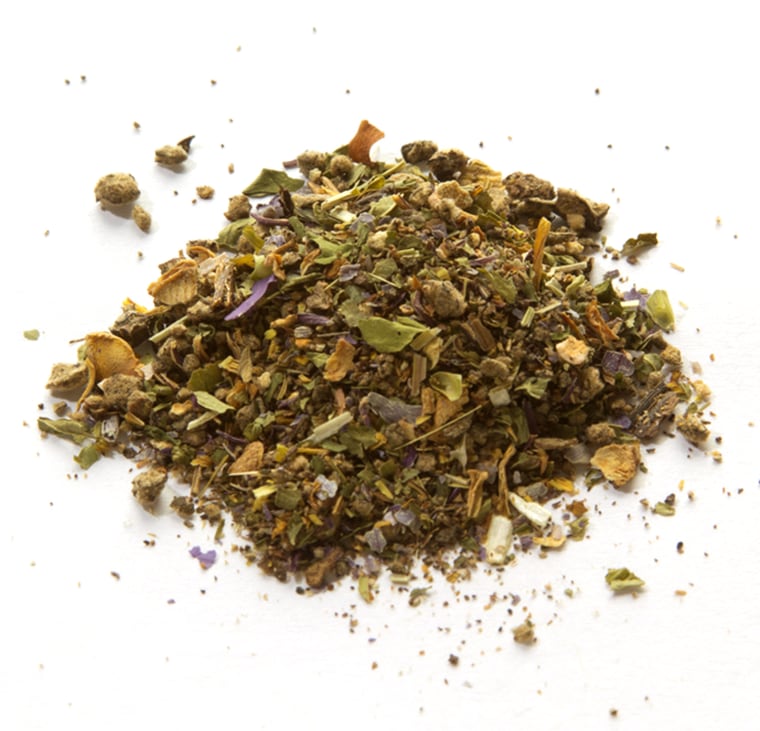There is nothing nice about "spice," the synthetic drug believed to be linked to at least a dozen emergency calls within a few hours in St. Petersburg, Florida.
On March 19, police officers responded to victims suspected of having bad reactions to synthetic pot that included seizure-like symptoms, vomiting and fainting.

Despite repeated warnings about synthetic cannabinoids, there are still hundreds of spice-related calls nationally each month to poison control centers. For the first two months of 2016, Florida was among the top three in calls to poison centers related to spice, according to the American Association of Poison Control Centers.
Nationwide, by December 31, 2015, calls involving the illegal drug had more than doubled those from the previous year — 7,779 versus 3,682 in 2014, according to the AAPCC.
Related: Drug overdose deaths hit 'alarming' new record in US, CDC says
Many of those calls come from emergency room doctors looking for advice on how to handle the drugs’ effects, says Marilyn A. Huestis, chief of chemistry and drug metabolism at the National Institute on Drug Abuse.
While the man-made drugs — often sold under names like "K2," "No More Mr. Nice Guy" or "crazy clown" — are designed to interact with the same brain receptors as THC, the main psychoactive ingredient in marijuana, they aren’t exact replicas.
Even scarier, they can pack a wallop 100 times as powerful, making them far more dangerous, Huestis says.
Common symptoms of spice overdose, according to the AAPCC, include:
- Severe agitation and anxiety
- Fast, racing heartbeat and higher blood pressure
- Nausea and vomiting
- Muscle spasms, seizures, and tremors
- Intense hallucinations and psychotic episodes
- Suicidal and other harmful thoughts and/or actions.
Though it's still unclear exactly how synthetic cannabinoids act in the body, Huestis says, evidence of their damaging effect is staggering.
“What is known is that young people, including adolescents, are having heart attacks,” she adds. “There have been kidney failures and deaths. These drugs can cause cardiac arrhythmias and also severe psychiatric effects, including psychosis and hallucinations.”
In fact, “in some cases it can look like schizophrenia,” says Dr. Larissa Mooney, an associate clinical professor of psychiatry and director of the Addiction Medicine Clinic at the University of California, Los Angeles. “People can have breaks with reality and altered perceptions. They can experience paranoia and delusions.”
Samples from the same package can vary wildly in potency, making the drug especially dangerous, says Matt Barden, a special agent for the Drug Enforcement Administration. “I could be smoking some out of the same bag you are and I get a ‘hot shot,’ which has a really concentrated area of the chemical compound. I might die, and you might live.”
“People are overdosing on this stuff at alarming rates,” says Barden.
Related: New help for babies in withdrawal and moms battling addiction
Poison control calls give some insight into the problem, but don't indicate how many Americans are experimenting with synthetic cannabinoids, says Royal Law, a Centers for Disease Control and Prevention researcher who has studied the adverse health effects of synthetic cannabis.
“We know that only a portion of visits to the ER are called to poison centers,” Law says.